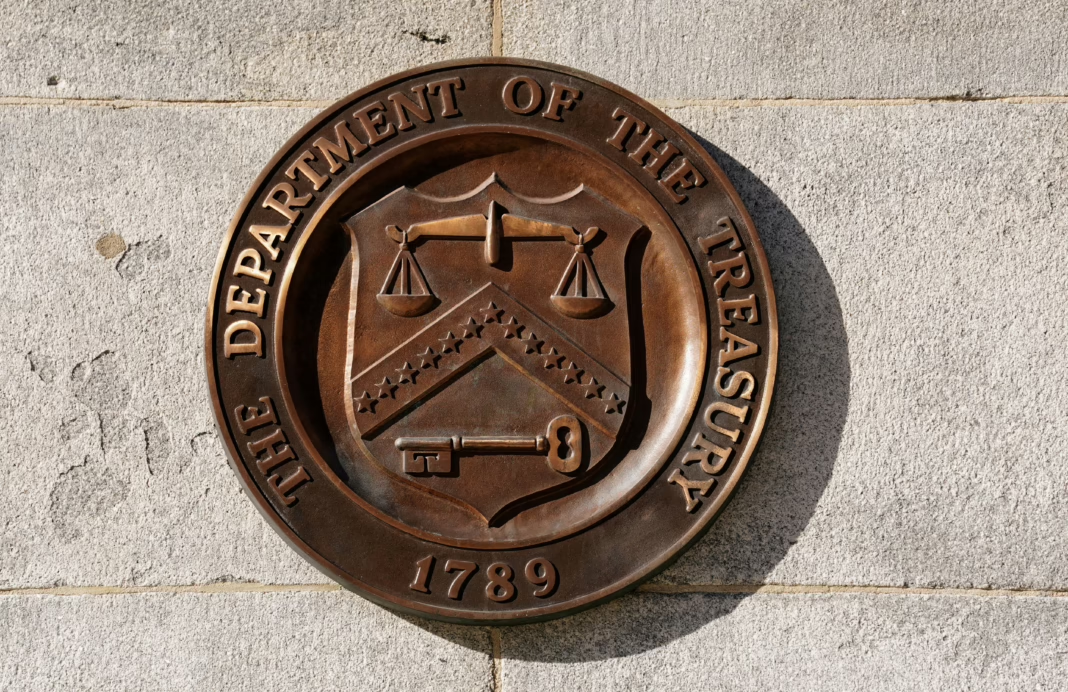The U.S. Treasury has sanctioned a North Korean money laundering network responsible for converting millions in cryptocurrency to support the regime’s weapons programs. Two individuals and one entity have been added to the sanctions list by the Office of Foreign Assets Control (OFAC) for facilitating these illicit financial activities.
The network, led by a previously sanctioned North Korean agent, was instrumental in laundering funds through cryptocurrency conversions. The operation was designed to evade international sanctions and support North Korea’s weapons of mass destruction (WMD) and ballistic missile programs.
On Tuesday, the U.S. Treasury announced the dismantling of this network, which exploited cryptocurrency to evade global sanctions. The network operated through a front company in the United Arab Emirates (UAE) and involved two Chinese nationals.
Chinese nationals Lu Huaying and Zhang Jian, key figures in the operation, used the UAE-based Green Alpine Trading, LLC, as a cover to convert cryptocurrency into cash. This scheme was connected to North Korean cybercrime and fraudulent IT operations. Green Alpine Trading has now been sanctioned alongside Lu and Zhang for their roles in laundering funds since 2022.
Key Players in the Laundering Network
The Treasury identified Sim Hyon Sop, a North Korean agent based in China, as the leader of this operation. Sim orchestrated schemes to disguise illicit funds, leveraging cryptocurrency and international collaborators. Since early 2022, Lu Huaying converted cryptocurrency into fiat currency, while Zhang Jian acted as a courier and facilitated currency exchanges.
Green Alpine Trading provided essential support for these operations, enabling North Korea to move illicit funds that were reportedly used to acquire goods and services benefiting the regime.
North Korea’s Crypto Crimes and Global Implications
North Korea is notorious for its involvement in cryptocurrency-related crimes. U.S. officials have accused the regime of stealing billions in crypto assets to fund its nuclear ambitions. Recorded Future, a U.S. cybersecurity firm, estimates that North Korean hackers stole over $3 billion in cryptocurrency between 2017 and 2023.
The UAE collaborated with the U.S. in dismantling this network, though the current whereabouts of Lu Huaying and Zhang Jian remain uncertain. The operation highlights North Korea’s reliance on laundering mechanisms to transform stolen cryptocurrency into usable funds, despite international efforts to curb its activities.
Concerns about North Korea’s cybercrime capabilities continue to grow, with reports linking the regime to advanced hacking schemes and malware-laden operations. These efforts underscore the ongoing threat posed by North Korea’s financial networks and their role in circumventing global sanctions.



